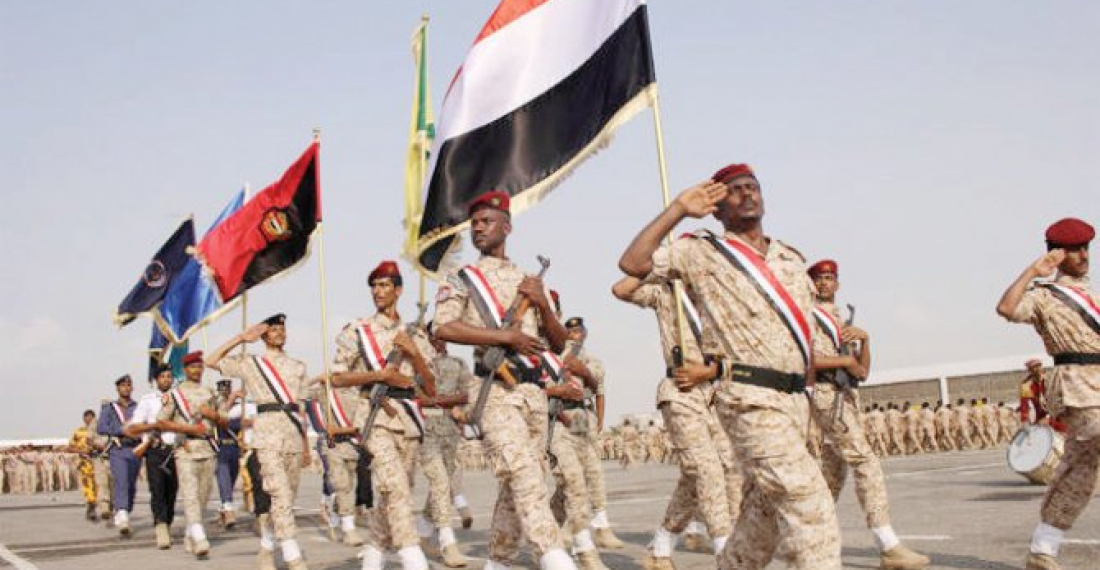"The announcement of a new Yemeni Government as part of the implementation of the Riyadh Agreement is a positive step towards a comprehensive political solution for the country", the European Union said in a statement on Saturday (19 December). "The new government will have challenging tasks ahead and will need to take important and courageous decisions for the sake of Yemen and all of its people. In this regard, the presence of more Yemeni women in political office and the meaningful participation of women in governance would be important", the statement added.
The European Union appreciates the facilitation efforts of the Kingdom of Saudi Arabia, and encourages all actors to ensure a swift and complete implementation of all provisions of the Riyadh Agreement.
The European Union is committed to the sovereignty, independence, and territorial integrity of Yemen, and will continue supporting efforts towards a peaceful resolution of the conflict. We encourage all parties to the conflict to engage constructively with the UN Special Envoy towards a nationwide ceasefire and resumption of political talks, the statement said.
Yemeni President Abed Rabbo Mansour Hadi announced on Friday the formation of a power-sharing government, in accordance with the terms of the Riyadh Agreement jointly signed with the Southern Transitional Council (STC) in November last year.
He confirmed the appointment of Moein Abdel-Malik as prime minister and Ahmed Awad bin Mubarak as minister of foreign affairs.
“The government consists of 24 portfolios divided equally between the north and south, as stipulated in the Riyadh Agreement,” Hadi said. The announcement was made on Yemeni state TV late on Friday night.
The November 2019 Riyadh agreement set out a framework for resolving the dispute between Hadi’s government and the STC over control of the south, which had escalated into military clashes in August 2019. The government has also been at war with Iran-backed Houthi rebels, who control Sanaa, since 2014.
Under the agreement, which was reached with the support and encouragement of Saudi Arabia, the government and the STC agreed to form a unity government that fairly represents the interests of all Yemenis, irrespective of sect, ethnicity or religion.







